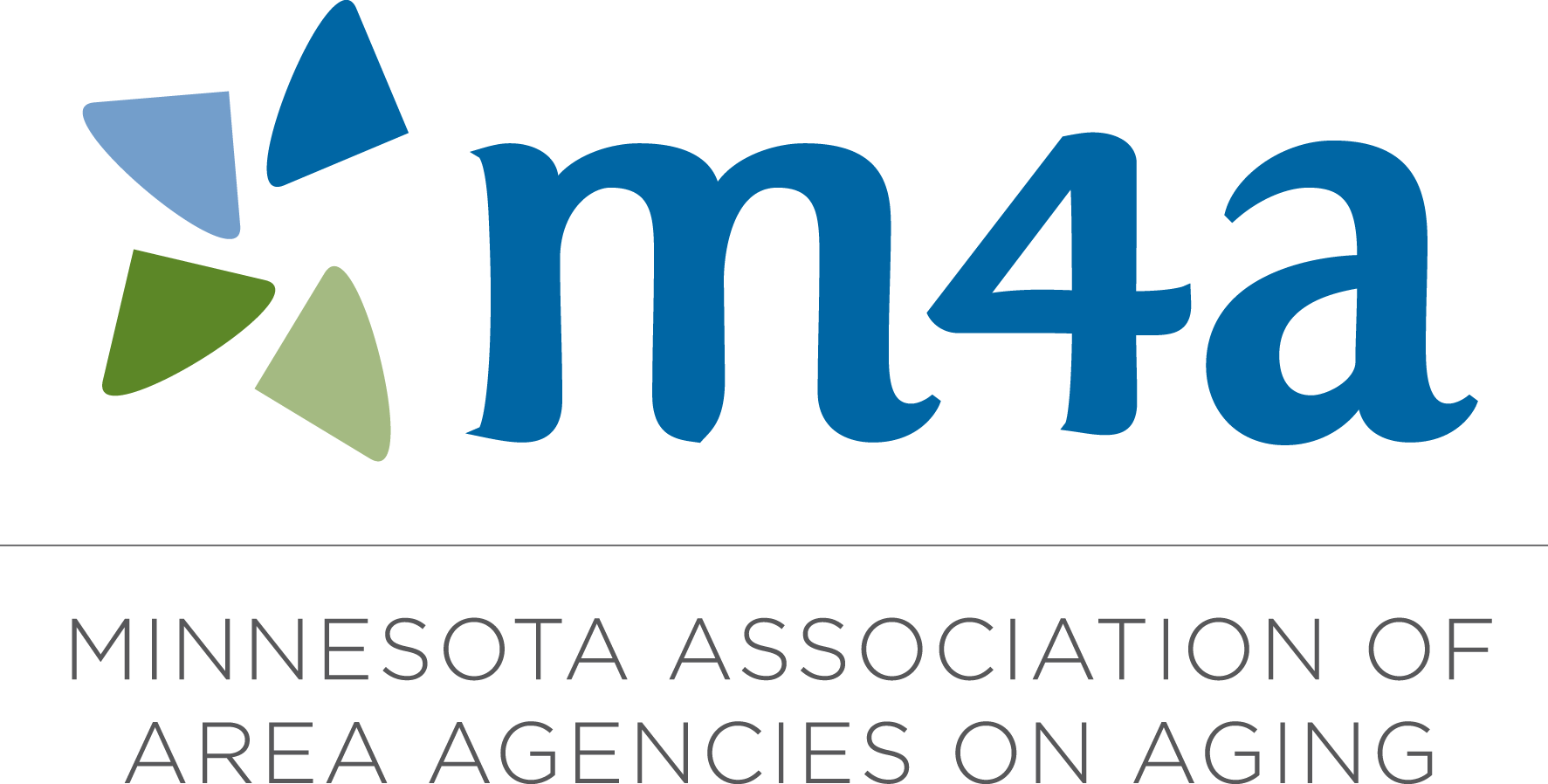Your feedback is critical as the Minnesota Board on Aging develops and updates policies and procedures in response to the updated Older Americans Act Title III regulations. This is your opportunity to make your voice heard and contribute to decisions directly impacting the Older Americans Act funding that you utilize to serve older adults and their caregivers.
The public comment period is open from Monday, January 6, 2025, to Wednesday, February 7, 2025. During this time, you can review and provide feedback on the draft policies and procedures.
Visit the MBA’s State Plan on Aging Policies and Procedures webpage to review the draft policies, learn more about the updated regulations and access the public comment form.
The MBA will host two webinars to provide an overview of the draft policies and details about the public comment process:
- For Service Providers: Thursday, January 16, 2025, 1 p.m. – 4 p.m. Webinar link (link will be live on the day of the webinar)
- For Individuals Receiving Title III Services: Thursday, January 23, 2025, 9 a.m. – 10:30 a.m. Webinar link (link will be live on the day of the webinar)
We highly encourage all Title III grantees to participate in the provider webinar this Thursday, held by the MBA, on the Final Rule public comment process and to submit written comments.
What is happening?
The Administration for Community Living (ACL) provides the MN Board on Aging (MBA) over $20 million in federal Older Americans Act funding each year. For the first time since 1988, the OAA regulations have been updated, and ACL requires all states to come into compliance by October 1, 2025. In response to the OAA Final Rule, MBA and Area Agency on Aging (AAA) staff met several times throughout 2024 to review over 50 drafts of the policies recently published online.
Now, it’s time for the public to review what the MBA has proposed in policy and procedure to come into compliance with federal regulations. Some policies are embedded in federal and state statutes and cannot be changed. Some policies are additional requirements that the MBA has developed or are their interpretation of a federal regulation where the MBA may have discretion. These policies reflect a combination of federal and state language, which is not always clear, and your feedback on these policies is critical.
Why is this important?
Updates to federal regulations do not happen regularly, and it requires federal and state governments to review all policies and procedures. At the state level, these policies articulate how the MBA will develop priorities for over $20 million in federal funding for older Minnesotans, and how they contract with and monitor Area Agencies on Aging.
How do these policies impact my organization?
The proposed policies include critical updates that AAAs will be required to enforce through Title III funding awards. Analysis of these policies predicts increased administrative efforts related to client eligibility, contract/award structure, financial reconciliation, and reports.
Visit the website to learn more, find the link for the upcoming webinars and submit your comments.
